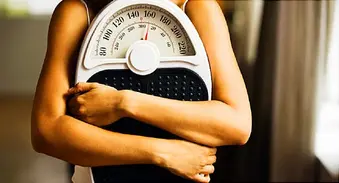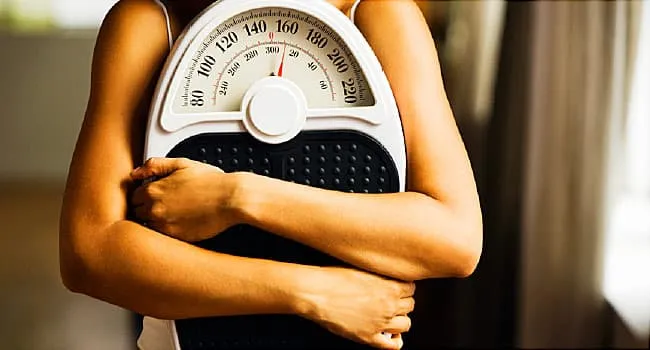Quiz: Weight Loss Dos and Don'ts


Question 1/11
Should you weigh yourself often?
- Yes, it really helps.
- No, it's too upsetting.
- It doesn't matter.
Question 2/11
Which fats should you cut back on to lose weight?
- Unsaturated fat
- Saturated fat
- All fats
Question 3/11
To help lose weight faster, drink water when?
- Mostly before noon
- Before meals
- After meals
Question 4/11
If you eat too much lunch, should you skip dinner?
- Yes
- No
Question 5/11
How long after eating should it take before you feel full?
- 5-10 minutes
- 10-15 minutes
- 15-20 minutes
Question 6/11
To lose weight, plan every meal.
- True
- False
Question 7/11
Why should you keep a food diary?
- To help you track overall calories
- To plan low-cal substitutions
- To notice eating patterns
- All of the above
Question 8/11
Which carbs should you avoid to lose weight?
- All carbs
- As many carbs as possible
- Carbs in processed foods
Question 9/11
You can have all of this you want and still lose weight:
- Diet soda
- Plain vegetables
- Grilled chicken
Question 10/11
What should you do about fatty foods you love?
- Banish them from your diet
- Eat them in moderation
Question 11/11
To lose weight faster ...
- Sleep more
- Sleep less
